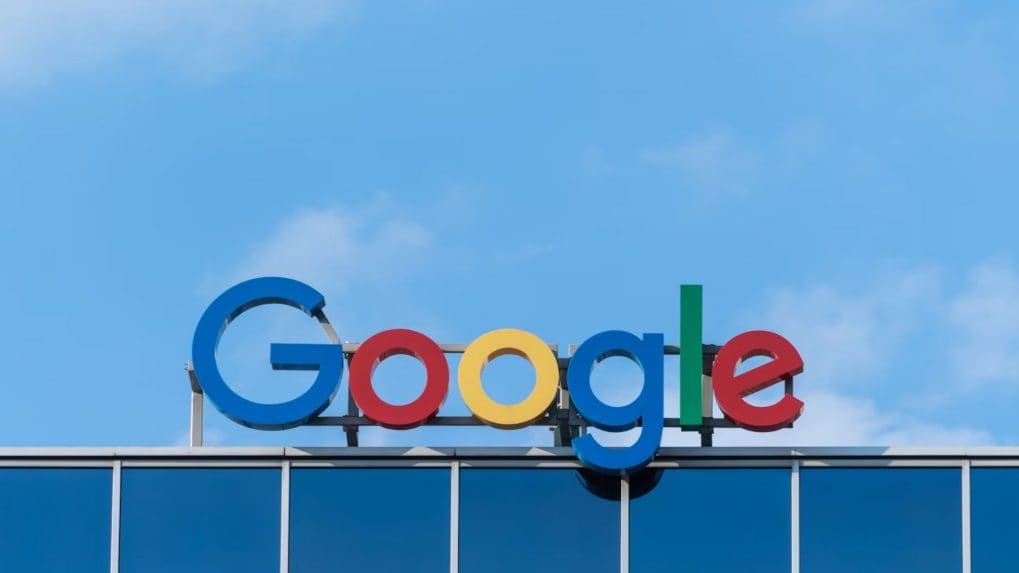Google says quality clicks to websites are on the rise, defends AI search overviews
The tech giant acknowledged that while total traffic may appear stable overall, it is being redistributed across the web.
ADVERTISEMENT
Google has responded to concerns over the impact of its AI-powered search features on website traffic, insisting that organic clicks from Search remain stable — and that users are now more engaged than ever.
In a blog post published this week, the tech giant called its latest evolution of Search, powered by AI Overviews and AI Mode, the “most significant upgrade” to the search experience in its history. According to Google, these tools are enabling users to pose more complex, nuanced questions — and are fuelling an increase in both search activity and satisfaction.
“People are happier with the experience and are searching more than ever,” the company wrote, attributing the trend to the growing usefulness of AI features in surfacing relevant content.
However, amid growing industry chatter about a potential dip in website traffic, Google sought to clarify what its internal data actually shows. The company stated that the overall volume of organic clicks from Search has remained relatively steady year-on-year, with a slight increase in ‘quality clicks’ — those in which users engage meaningfully with content rather than bouncing back quickly to the results page.
Google dismissed third-party reports pointing to dramatic traffic declines, calling them inaccurate and often based on “flawed methodologies, isolated examples, or changes that predate AI rollouts.”
Read More: Google's grip loosens: Is AI the search disruptor?
AI Overviews, the company explained, are not reducing visibility for content creators but rather expanding the scope of user queries and surfacing more links per result page. This is giving websites additional opportunities to be seen and clicked — especially when users are seeking in-depth answers or diverse perspectives.
“For questions with straightforward answers — like the timing of the next full moon — users may be satisfied with a short summary,” the blog said. “But for more complex queries, they often click through to explore the topic in detail, make a purchase, or compare opinions.” According to Google, this is reflected in the rising quality of user interactions.
The tech giant acknowledged that while total traffic may appear stable overall, it is being redistributed across the web. User interest is shifting toward platforms offering first-hand insights — such as forums, videos, podcasts, or personal blogs. Content that adds value through originality, thoughtful analysis or unique perspectives is currently benefiting from this behavioural change.
“We’re seeing more clicks go to content that helps people learn something new or offers an authentic voice,” the post noted.
Read More: Google offers to level playing field for RMG apps; CCI seeks stakeholder feedback
Google reiterated its commitment to the open web, emphasising that its AI experiences are designed to highlight — not replace — web content. “It’s not the web or AI — it’s both,” the company said, adding that its AI-generated answers include clear citations, visible links, and proper attribution. Websites also retain control over how their content appears in Search, through the use of open web protocols.
The post concluded on an optimistic note, with Google describing the current moment as a turning point for the internet. “AI will be one of the most expansionary moments for the web,” it stated, “empowering users to ask more questions and enabling creators to reach more deeply engaged audiences.”
Read More: Google Search helps power Alphabet’s $96.4 billion quarter as AI push gains speed

